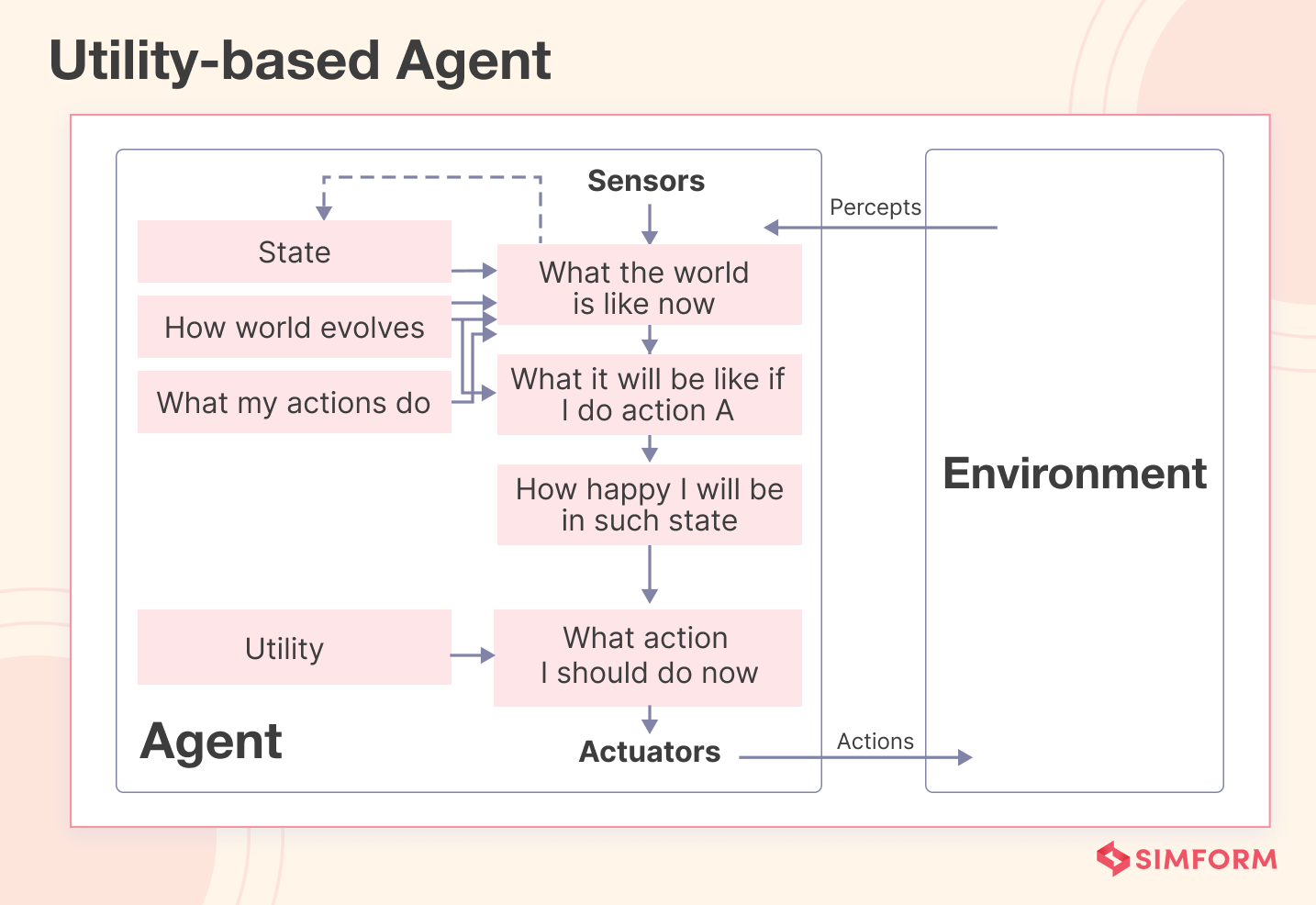The Rise of AI Agents: Redefining Intelligence, Automation, and the...
Artificial Intelligence (AI) agents are reshaping industries by automating intricate tasks, improving decision-making processes, and revolutionizing interactions between humans and computers. In his latest book The Conscious Code, the evolution of artificial intelligence towards artificial consciousness is explored, delving into its ethical, technological, and societal implications. As AI agents progress, their functions expand beyond mere automation to encompass high-level reasoning, planning, and autonomous decision-making.
Types of AI Agents:
1. Reactive Agents – These agents operate based on predefined rules without learning from past experiences. An example is a chess-playing AI that focuses solely on the current board state.
2. Deliberative (Cognitive) Agents – Equipped with internal models of the world, these agents can plan before taking action. Personal AI assistants like OpenAI’s ChatGPT fall into this category.

3. Learning Agents – These agents enhance their performance over time using machine learning techniques. For instance, a self-driving car AI that refines its driving behavior.
4. Multi-Agent Systems (MAS) – These are networks of multiple AI agents collaborating or competing to solve complex problems, such as AI in financial markets or swarm robotics.
Recent advancements have bolstered the autonomy of AI agents, enabling them to operate independently, reason more effectively, and engage with humans naturally. Google’s Gemini 2.0, for instance, can undertake tasks like online searches, image interpretation, and strategic planning for video games, showcasing human-like problem-solving skills. Similarly, OpenAI’s "Operator" integrates virtual employees into the workforce, automating significant organizational tasks.
As AI agents gain autonomy, ethical concerns rise to the forefront. In The Conscious Code, the book delves into the philosophical quandaries of artificial consciousness, prompting discussions about AI decision-making accountability, moral reasoning, and the coexistence of humans and AI. Ensuring that AI agents align with human values and operate within ethical boundaries becomes paramount as they become more integrated into decision-making processes.

AI agents stand at the vanguard of technological innovation, revolutionizing industries and challenging conventional notions of intelligence and consciousness. Navigating this rapidly evolving landscape requires drawing insights from works like The Conscious Code to address the intricate ethical and philosophical issues that emerge. The journey to artificial consciousness transcends mere technological advancements—it entails shaping a future where AI agents function responsibly, ethically, and harmoniously alongside humanity.
About the Author
Rocky Scopelliti is a globally recognized futurologist, author, and thought leader in demographic change and emerging technologies. His extensive work explores how technological advancements shape the future of humanity, including acclaimed works like 'Disruptive Decarbonization' and 'The Conscious Code.'
For more insights, visit www.rockyscopelliti.com.
References
Scopelliti, R. (2021). The Conscious Code: The Implications of Artificial Consciousness. Sydney, Australia: Austin McCauley
AP News. (2025, January). Google unveils Gemini 2.0: AI with human-like problem-solving capabilities.
The Guardian. (2025, January 6). Virtual employees could join workforce as soon as this year, OpenAI boss says.
Developer Tech. (2025, February). Developers embracing AI agents for software development.

In the ever-evolving realm of Artificial Intelligence (AI), the significance of data has always been paramount. Stay tuned as the world of AI continues to push the boundaries of what is possible.
To view or add a comment, sign in.










